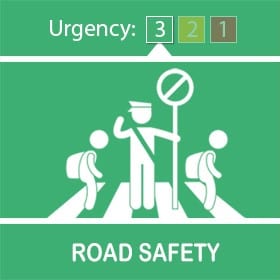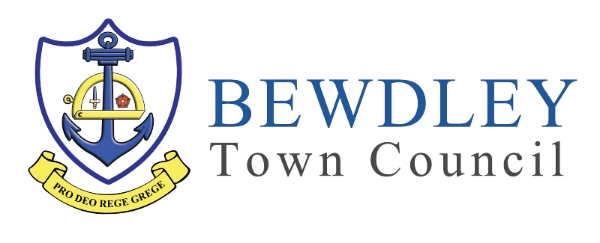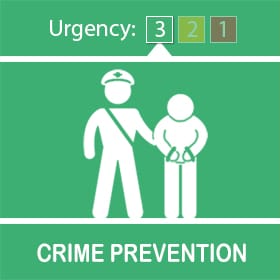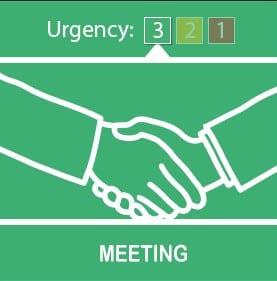| DOORSTEP SCAMS
These were around long before Scammers took to the Internet , but do still exist today.
Basically, these are cold callers on your doorstep either selling goods and services, or, as has been reported recently, attempting to buy high value items on the doorstep such as gold, silver, jewellery or antiques.
Everyone has come across at some time those persons trying to sell cleaning materials backed up by a story of being an ex-offender and trying to make a new life. Or it may have been the “tradesman” offering to repair or clean your roof, clean your block paving or re-lay your tarmac drive.
Dealing with someone face to face on the doorstep puts the householder under extra pressure and these scammers will always try and smooth talk you, or pressure you, into agreeing to something you never really wanted.
So how can you protect yourself?
• Firstly, always be on your guard and be suspicious of anyone turning up out of the blue and uninvited – a sign at the door saying uninvited callers not welcome can often help
• Never let any stranger into your home, and also be aware of distraction callers when one person keeps you talking, whilst their partner goes around the back of the property to gain entry
• Use of Smart Doorbells with cameras are a good deterrent, and also gives you the facility to talk to them without opening the door
• Anyone selling goods door to door should be in possession of a “Pedlar’s Licence” which you can ask to see
• Always ask for an ID to prove they, and their business, are genuine
• Never be rushed into signing up for a deal, and always ask for written quotations on their company headed notepaper so you can check they are genuine; it is also helpful to ask for references for a tradesman’s previous customers
• You can also get your Utility Companies to set up a Password so then you know when someone claiming to be from the Electric, Gas, Telephone or Water Company is genuine
• If the caller remains persistent then call the Police, either 999 if urgent, or 101 if you do not feel in immediate danger
———————————————————————————–
Please feel free to share this information with any family, friends, or neighbours that you think it may be able to assist.
———————————————————————————–
Take Five to Stop Fraud
STOP: Taking a moment to stop and think before parting with your money or information could keep you safe.
CHALLENGE: Could it be fake? It’s OK to reject, refuse or ignore any requests. Only criminals will try to rush or panic you.
PROTECT: Contact your bank immediately if you think you’ve fallen for a scam and report it to Action Fraud
ALWAYS REMEMBER:
• Avoid disclosing security details
• Emails, Phone Calls and Texts may not be authentic
• Always make direct contact with any organisation by using a genuine phone number
• Stop and Challenge any unexpected requests
• Protect others by reporting Fraud and Scams
—————————————————————————————————–
If you’ve fallen for a scam,
report it to Action Fraud on 0300 123 2040 or via actionfraud.police.uk
Scam Text messages can be forwarded to 7726 to help phone providers take early action and block numbers that generate spam on their networks. You can also report Scam mobile calls by texting 7726 with the word “Call” followed by the scam caller’s phone number.
Forward Fake Emails received to report@phishing.gov.uk
If you think your bank account or personal banking details have been used fraudulently, then use the short phone number – 159 – to contact the Fraud Prevention Department of most major UK banks. |





















